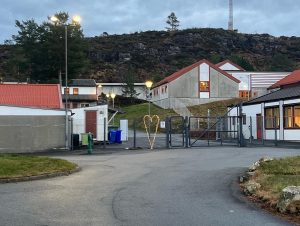Justice
Humanity
Collaboration
Guided by a belief that direct exposure to alternate systems is paramount to gaining perspective, the International Justice Exchange (IJE) is designed to provide ground level stakeholders firsthand experiences with model justice systems outside of the United States. The first phase is focusing on Norway and Germany, two systems noted for their humane prison conditions, evidence based sentencing practices, and low recidivism and prison rates. The IJE will document these experiences to share with non-participants and support efforts to develop model laws, policies, and regulations to be implemented within Connecticut.
The International Justice Exchange is supported by the Institute for Municipal and Regional Policy (IMRP) at UConn in collaboration with numerous Connecticut, national and international organizations.
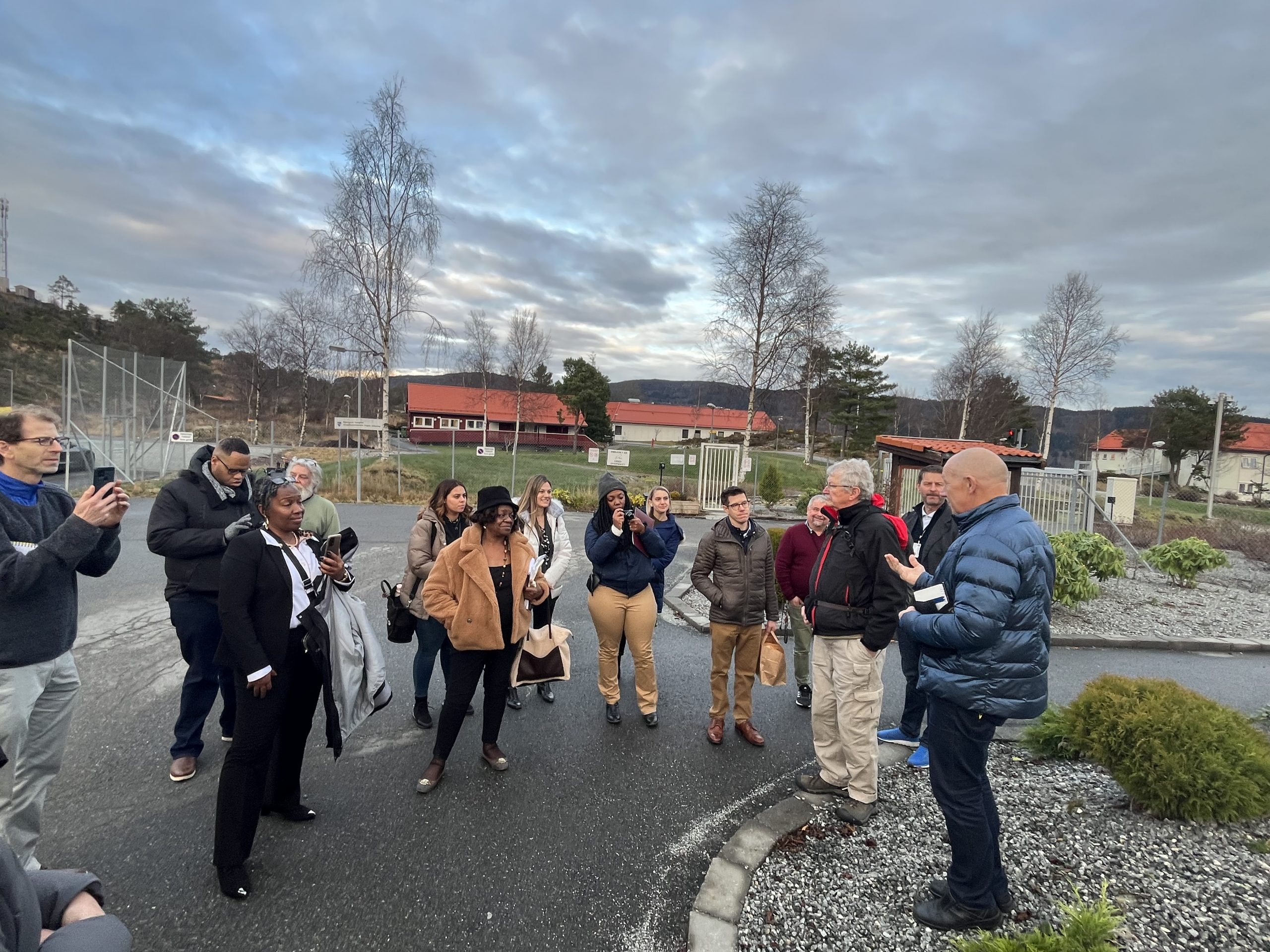

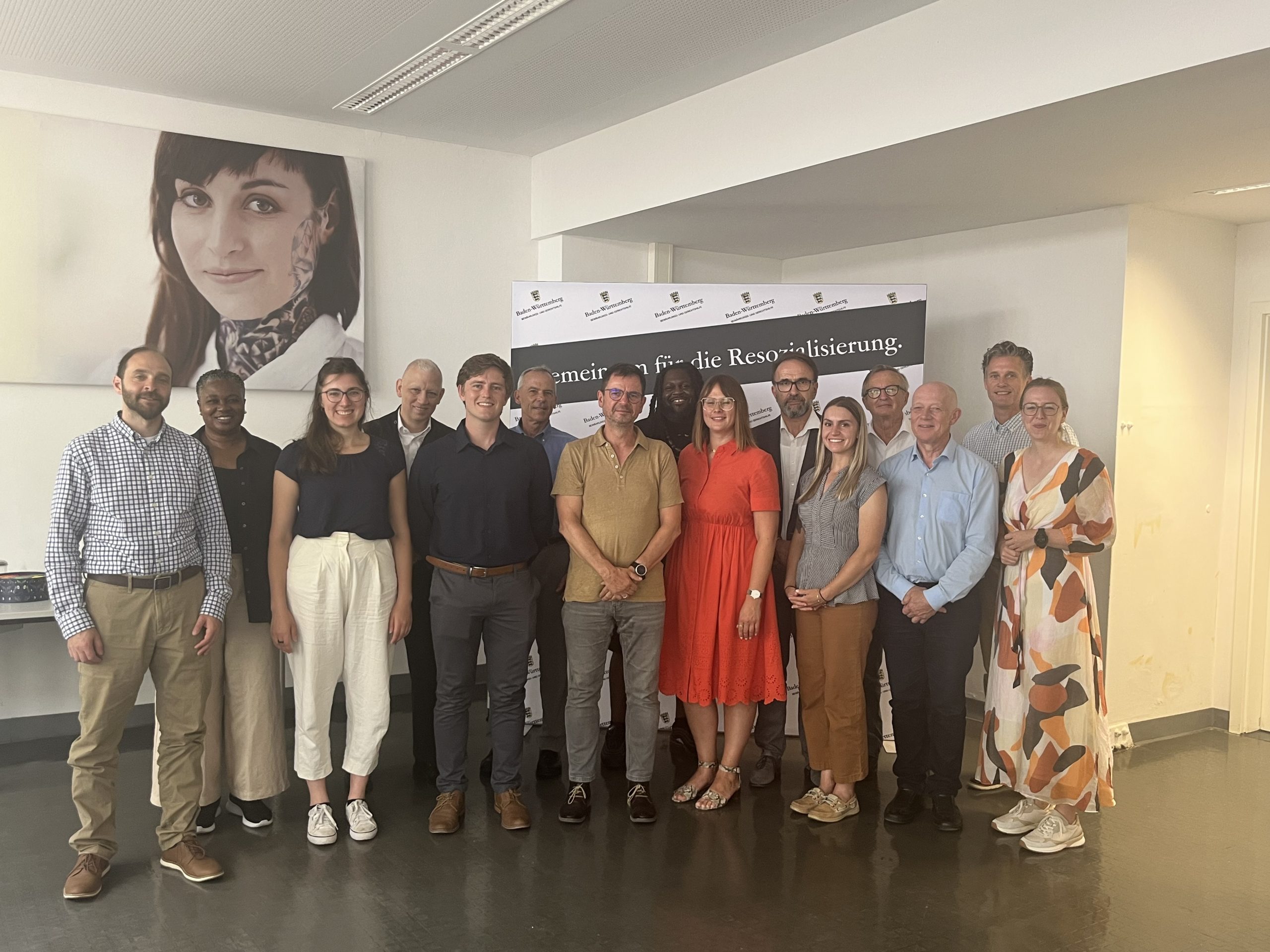
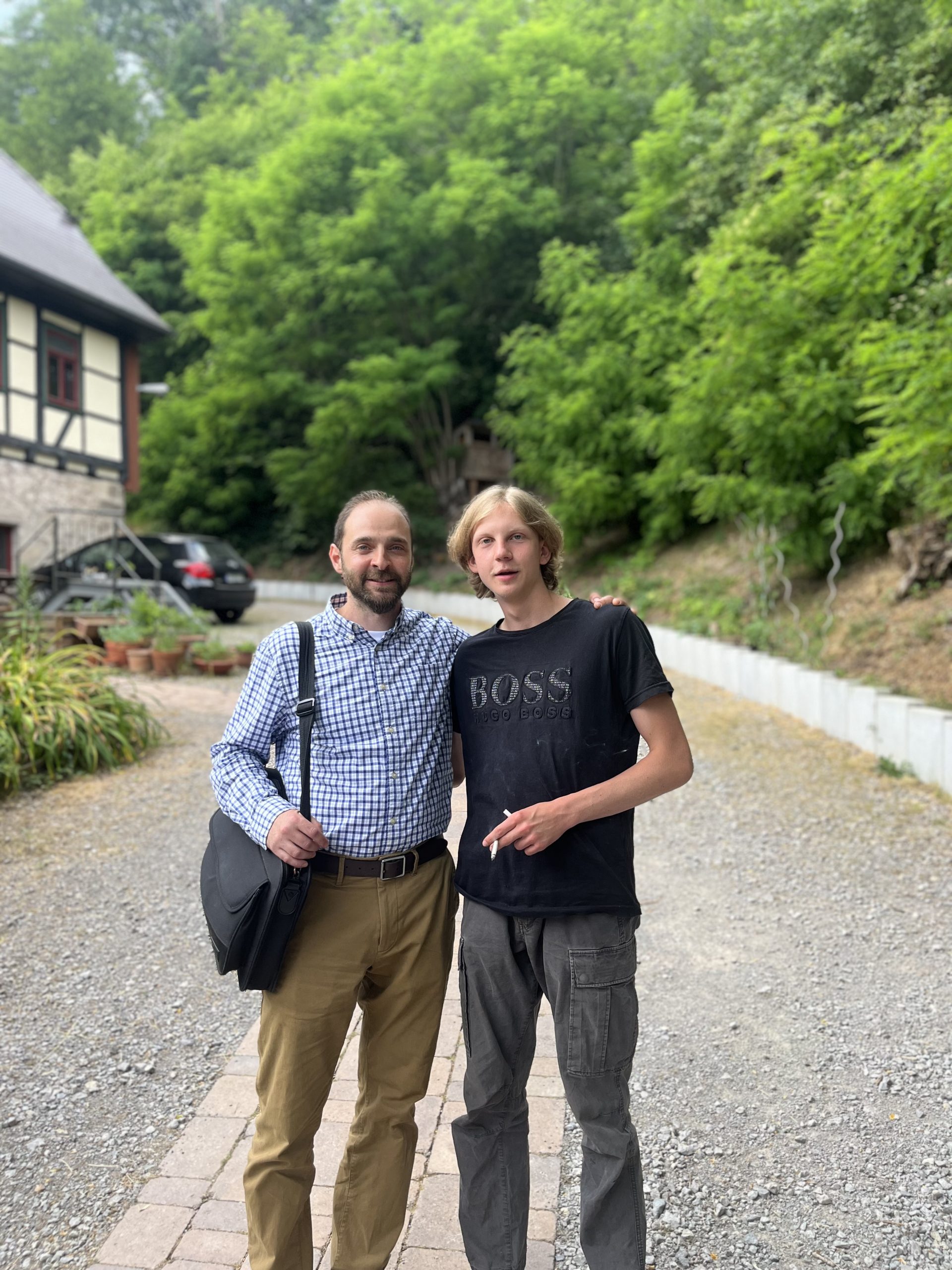

Prison population per 100,000 people
278 in CT compared to:
~ Baden-Württemberg: 57
~ Norway: 54
Youth are 416% more...
Depression in U.S corrections officers is 25%...
higher than the national average of 7%.
Baden-Württemberg’s total population is 3x larger
Although Baden-Württemberg’s total population is 3x larger, 161% more people are incarcerated in CT.
Engage. Empower. Unite.
Bridging local dedication with global insights, we’re empowering Connecticut stakeholders through education, collaboration, comparative analysis, and resource provision. Join us on this transformative journey towards a more just and equitable future.
Reflections

“People were asking the German correctional officers, “so where’s the punishment part of this?” And they said, “the punishment is the deprivation of liberty. But apart from that, our job is to create as normal an environment as possible for people who are serving their sentences.” And then they would ask, “What is the goal of your prison system?” And each person who was asked this question said the same thing, “Our goal is to prepare these men to enter the community. That’s our job.”

The way that Norway acknowledges that here’s a future for these youngsters, that in the space that is Correction that there’s opportunity for still acknowledging their humanness completely while acknowledging that their behavior is something that can be shifted and changed.

We have had this vision in the Norwegian Correctional Service that we are building a safe society. We are building safe neighbors when we are releasing people.
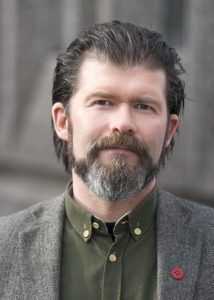
The idea of removing this right has never really in modern days been discussed at all. Across the political spectrum it would be seen as total science fiction. It’s not something we would even consider.
(On discussing an incarcerated individual’s right to vote).

